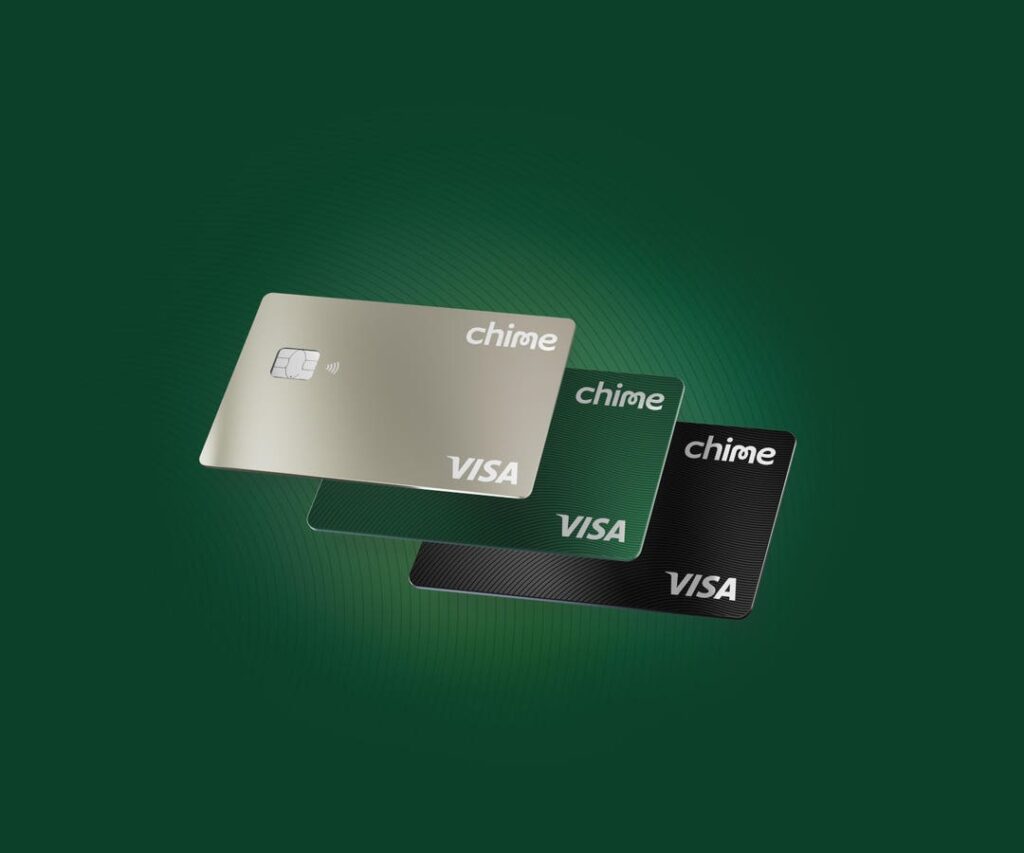Chime’s cash-back card has some similarities to secured cards offered by Discover and Capital One.
Chime
Chime has grown into the largest U.S. digital bank without offering a financial product beloved by Americans: a credit card with rewards. Today it announced one that provides 1.5% cash-back rewards on several categories of spending including groceries, restaurants and gas. The company says it can change those categories every few months.
It’s a secured card, meaning customers must keep money in their Chime checking account, and the amount they maintain becomes their spending limit. Secured cards are considered a way for those with thin or weak credit histories who wouldn’t qualify for typical credit cards to improve their credit scores.
Banks like Capital One and Discover (which was acquired by Capital One in May but still operates under the Discover name) have been offering secured cards with rewards for years, though their cards let consumers carry a balance into the next month and charge interest. Chime’s secured cards require you to pay your bill in full each month. The San Francisco fintech company first released a secured “Credit Builder” card during the pandemic in 2020, and in a May 2025 regulatory filing, it said that more than one out of every three of its eight million-plus active customers uses its secured credit card.
The new launch by Chime is its latest attempt to boost new customer growth, a closely-watched metric that has already proven important in driving (or dragging down) its stock price. In contrast to banks like American Express and JPMorgan Chase, whose premium cards now come with annual fees of $695 to $795, Chime is trying to offer an expanding set of no-fee or low-fee financial products to middle-income Americans.
Have a story tip? Contact Jeff Kauflin at jkauflin@forbes.com or on Signal at jeff.273.
After its founding in 2012, Chime gained early traction by giving people their paycheck two days early. It has since expanded into products like savings accounts, small loans, larger personal loans and paycheck advances, and it has amassed 8.7 million active customers. Chime has convinced most of those customers to use its app as their primary bank by requiring them to sign up for direct deposit of their paycheck to access several of its features.
It makes most of its money on interchange, the 2% fees merchants pay when consumers swipe their credit and debit cards. Due to Visa and Mastercard’s interchange rules, credit card transactions carry higher fees for merchants. That’s why Chime is offering rewards on its secured credit card rather than its debit card–it earns a higher profit margin on consumers’ credit card purchases.
Chime’s new rewards card is free if you order it in black or green, or you can get a titanium card for an extra $50 plus tax. Chief marketing officer Vineet Mehra says some Chime customers “want to display a certain amount of progress they’re making in their lives.” The branding is another indication that Chime is trying to move upmarket and compete for more affluent customers. Last year, it started saying that it wants to serve people that earn up to $100,000.
The rewards on Chime’s new card accrue every nine days, but they disappear if you close the card (or Chime closes it for you). Current holders of Chime’s original secured Credit Builder card can upgrade to the new cash-back rewards card in the Chime app, the company says. Since Chime doesn’t have a bank charter, the card is issued by its bank partners, Bancorp and Stride. It began shipping the new cards to a small number of customers in August and will continue to roll them out in the coming months.
Other financial institutions already offer secured cards with rewards. Discover has a “Discover it” secured credit card with 2% cash back on gas and groceries (on up to $1,000 per quarter in spending), plus 1% unlimited cash back on all other purchases. That card has a 27.24% annual percentage interest rate (APR), according to Bankrate. Capital One has a Quicksilver secured card that gives 1.5% unlimited cash back on every purchase, with an APR of 29.74%. Companies ranging from Bank of America to fintech startup Self also offer secured cards with rewards.
Chime went public in June and hopes its new rewards card will help revive its slumping stock. In its first-ever earnings call last month, the fintech beat analysts’ expectations for revenue and profit, yet its stock stock dropped 15%, likely due to concerns about slowing growth. Its stock is trading about 10% lower than the $27 it debuted at a few months ago, with a current market value of $9 billion.
Read the full article here


